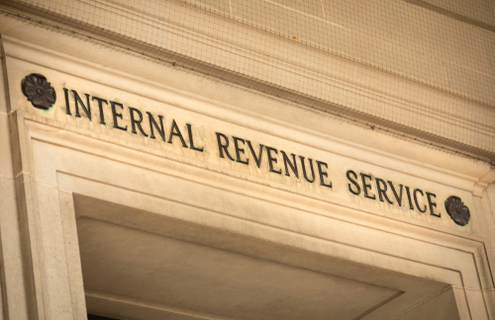The Internal Revenue Service (IRS) has decided that it benefits from blurring the lines between good and bad rather than clarifying them, according to Sean King of CIC Services in reaction to the new IRS settlement scheme for micro captives.
On 16 September, the IRS revealed its new settlement offer for certain taxpayers under audit who participated in ‘abusive’ micro captive insurance transactions.
King explained that while abusive captive insurance arrangements do exist, “virtually nobody in the industry, and virtually no tax litigation attorneys working in this space, presently believe that the IRS is making any real, bona fide effort to distinguish the good from the bad”.
The settlement requires substantial concession of the income tax benefits claimed by the taxpayer together with appropriate penalties—unless the taxpayer can demonstrate good faith, reasonable reliance.
Taxpayers who also have unresolved years under the jurisdiction of the IRS Appeals may also be eligible, but those with pending docketed years under counsel’s jurisdiction are not eligible.
King explained that as part of this strategy, the IRS has challenged many captive insurance arrangements that are likely perfectly legitimate, along with many that are not, and this policy has contributed to the present backlog of cases pending in tax court.
He said: “Recognising that it has won the last three tax court cases in a row but almost certainly won’t will all the pending ones, the Service is now at its point of maximum leverage over taxpayers.”
“By offering standardised settlements to taxpayers under audit now, before more taxpayer-friendly judgements come down, the IRS hopes to raise money that it otherwise might not and also to avoid the cost of prolonged case-by-case, year-by-year taxpayer audits.”
He noted that for taxpayers with “questionable structures or who lack the stomach to resist, these settlement offers must seem very reasonable and welcome. But for everyone else, they likely won’t mean much”.


